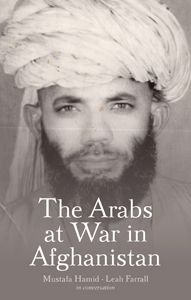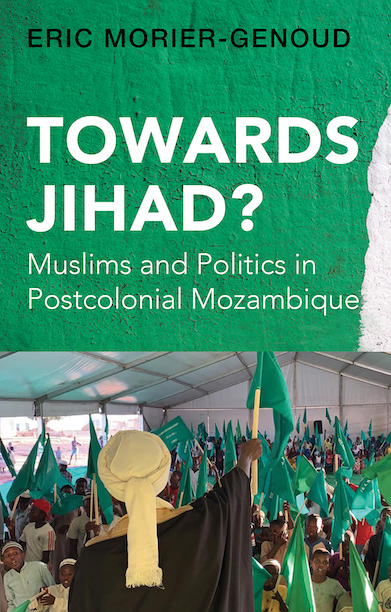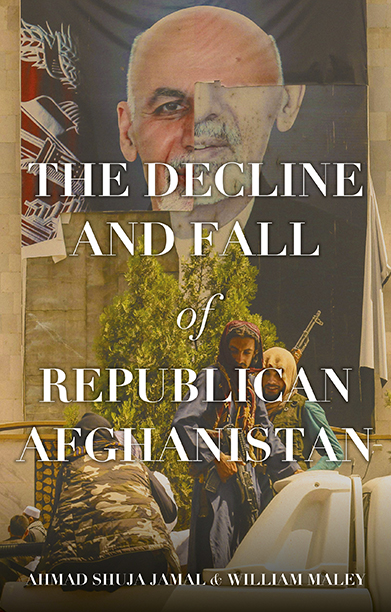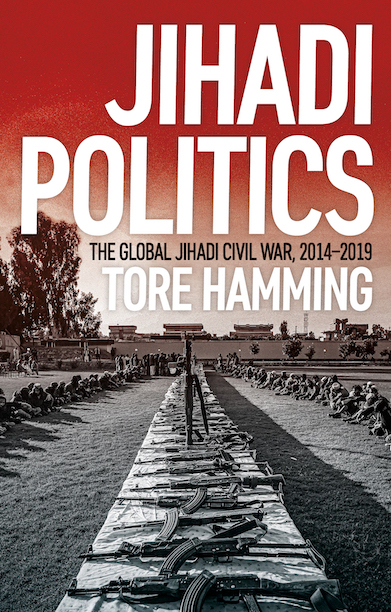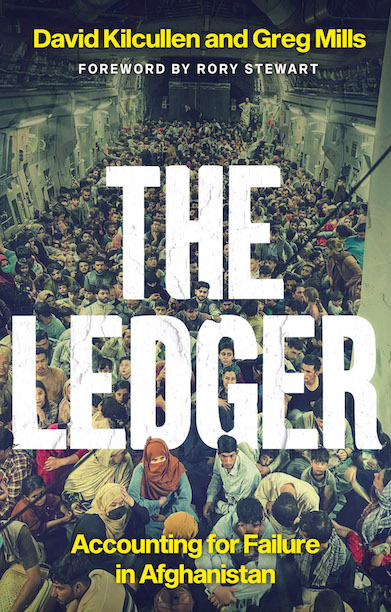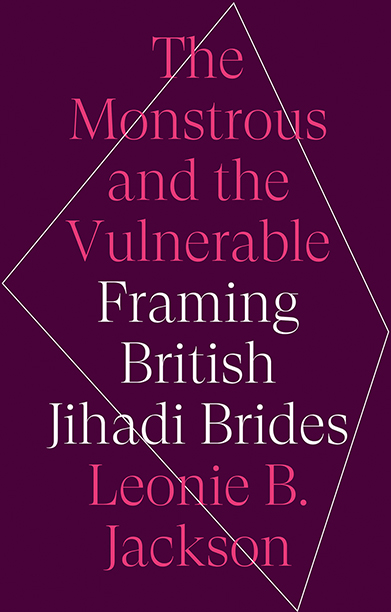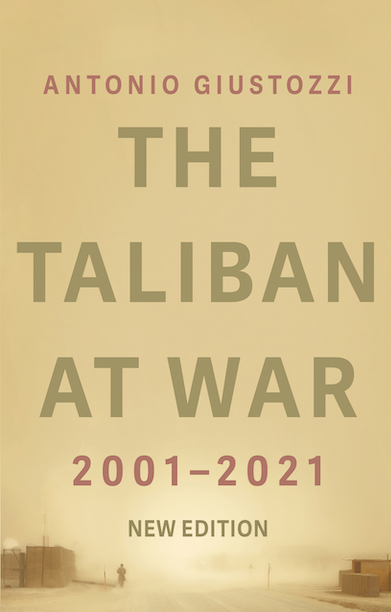The Arabs at War in Afghanistan
A new account of the Arab volunteers in Afghanistan during and after the war against the Soviets.
Description
A former senior mujahidin figure and an ex-counter-terrorism analyst cooperating to write a book on the history and legacy of Arab-Afghan fighters in Afghanistan is a remarkable and improbable undertaking. Yet this is what Mustafa Hamid, aka Abu Walid al-Masri, and Leah Farrall have achieved with the publication of their ground-breaking work.
The result of thousands of hours of discussions over several years, The Arabs at War in Afghanistan offers significant new insights into the history of many of today’s militant Salafi groups and movements. By revealing the real origins of the Taliban and al-Qaeda and the jostling among the various jihadi groups, this account not only challenges conventional wisdom, but also raises uncomfortable questions as to how events from this important period have been so badly misconstrued.
Reviews
‘An extraordinary, fascinating document. This combination of investigation, testimony and analysis will be essential reading for any one interested in the truth about the foreign involvement in the war against the Soviets and the early history of al-Qaeda.’ — Jason Burke, South Asia correspondent, The Guardian, and author of The 9/11 Wars
‘Leah Farrall and Mustafa Hamid’s creative dialogue provides a unique synthesis between an insider’s knowledge and a critical expert’s analysis of the origins of global jihadism. Each helps the other, and both help us, see this multi-faceted movement in new and sometimes contradictory ways.’ — Barnett Rubin, Senior Fellow and Director at the Center on International Cooperation, New York University
‘This is an incredible book. Gripping, detailed, and important, it lays bare a story that is all too often shrouded in myth. Read it and understand the roots of al-Qaeda, ISIS, and many of the other crises ripping through the Middle East.’ — Gregory D. Johnsen author of The Last Refuge: Yemen, Al-Qaeda, and America’s War in Arabia
‘Essential reading for anyone who studies militancy in the Islamicate world. Hamid and Farrall offer a persuasive alternative history of the foundation of al-Qaeda and the internal politics of foreign fighters inside Afghanistan. This insider account is an important document that deserves to be studied for many years to come.’ — Alex Strick van Linschoten, co-author of An Enemy We Created: The Myth of the Taliban/Al-Qaeda Merger in Afghanistan, 1970-2010
‘…a rare piece of original research into a subject that remains little understood and is often over-simplified. The book argues, correctly, that without understanding the early history of the jihadist movement we cannot hope to assess how the movement will evolve. It is also one of the few works to try to explain this history from the perspective of an early, active participant. … The Arabs at War in Afghanistan should therefore be essential reading for specialists trying to understand the Islamic State, and serve as a warning against any attempt to provide static descriptions of Salafi jihadism rather than seeing it as a continually evolving process.’ — War on the Rocks
‘As Farrell’s dialogue develops, she extracts intriguing nuggets of information from Hamid such as the participation of Afghan mujaheddin fighters in the first Gulf War; the early involvement of Pakistan’s spy agency, the ISI; divisions within the mujaheddin; and the rise of the Taliban. … As so many questions are being asked about what led to the rise of Islamic State, Farrell has done a commendable job in bringing us an alternative perspective on what historians will look back on as the defining period in the crisis now enveloping the Arab world.’ — The Australian
Author(s)
Leah Farrall was formerly a senior counterterrorism analyst with the Australian Federal Police, before turning to academia. Her research focuses on al-Qaeda and other jihadi groups, especially the myths surrounding their emergence, evolution and persistence.
Mustafa Hamid was among the first Arabs to join the jihad against the Soviets, and rose to become an influential figure, counting leading Afghan commanders and, later, senior Taliban and al-Qaeda figures among his friends. He was an eyewitness to and a participant in events that shaped not only Afghanistan’s history, but also the destiny of the Arab volunteers who joined in its liberation. After fleeing Afghanistan after 9/11 he spent close to a decade detained in Iran and has now returned to his native Egypt.
